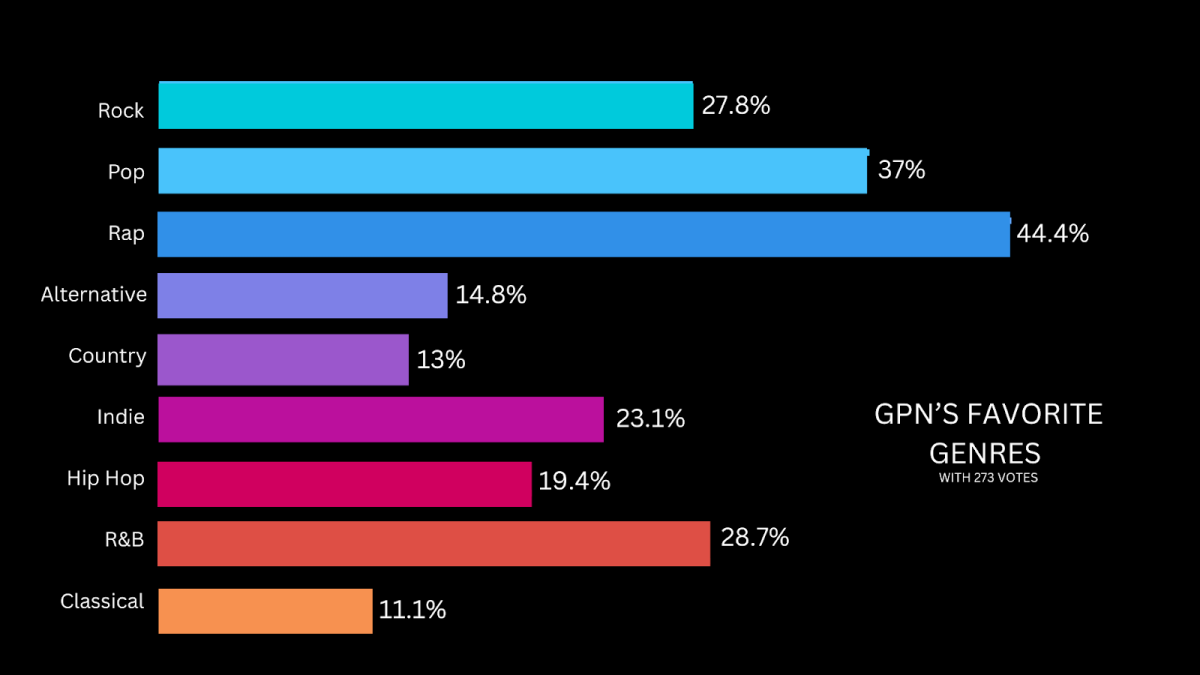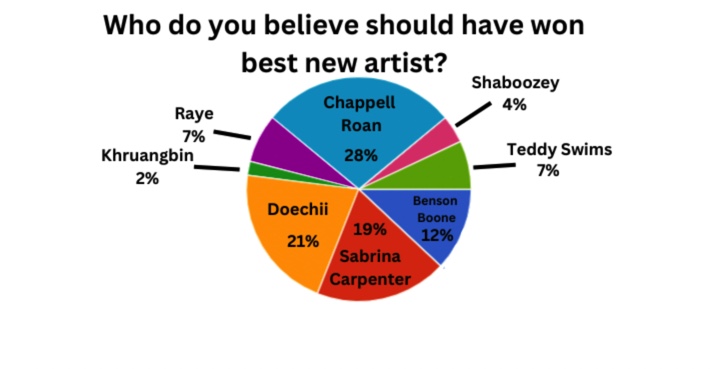
In recent years, true crime cases have captivated the public’s imagination, delving into the darkest corners of the human psyche and revealing the complexities of criminal behavior. Notable cases such as Ted Bundy, Gypsy Rose Blanchard and Jeffrey Dahmer have become cultural touchstones, sparking widespread fascination and discussions about the nature of evil, the flaws in the justice system and the blurred lines between victim and perpetrator. In addressing these concerns, Wayne State Professor of Criminal Law Anthony Dillof emphasizes the importance of fostering a nuanced comprehension of intricate and diverse phenomena within the realm of criminal law.
Advocating for responsible storytelling in true crime television and film productions, beyond perpetuating preconceived notions, Dillof seeks to promote a more thoughtful and informed discourse surrounding criminal activities and justice.
“My primary ethical concern is the exploitation of both victim and perpetrator for the purpose of producing true crime narratives that comport with and reinforce stereotypical understandings of complex and varied phenomena,” Dillof said.
In echoing these sentiments of true crime narration, American Legal Systems teacher James Bennett draws attention to a troubling tendency for certain films to glorify the killers, minimizing the gravity of their crimes. Specifically, Bennett references the adaptation of Ted Bundy’s case into the film “Extremely Wicked, Shockingly Evil and Vile” with Zac Efron portraying the notorious killer.

(Photo credit: Katie Madigan)
“In some films like Ted Bundy, casting Zac Efron, it feels wrong,” Bennett said. “Some of the films or shows almost make the killers seem like the heroes of the story or downplay their crimes. This is wrong and I can’t imagine being a family member of someone who was a victim. I do fear that shows that highlight these killers could push people to want to become famous in the same way.”
Adding to the misconceptions of true crime broadcasting, in discussing cases like Gypsy Rose Blanchard, an avid watcher of true crime series senior De’Ja Hill observes the documentaries’ profit-driven nature. Hill recognizes the shortcomings of Hulu’s “The Act” in capturing Gypsy Rose Blanchard’s perspective, which results in a direct connection to Gypsy Rose Blanchard’s decision to address the show’s inaccuracies on social media. Thus, the financial motives behind these documentaries raise concerns about prioritizing sensationalism over accurate representation, questioning their true purpose of raising awareness, according to Hill.
“Gypsy Rose is a weird one [case] to me though,” Hill said. “The documentaries about her came about while she was in jail and she didn’t tell her side. She released a few statements regarding the Hulu show that was based on her and her story. She said it was inaccurate for the most part. So with that, I understand why everything is so heightened about her, and with this height, she is trying to spread awareness of Munchausen by proxy.”
Acknowledging the persuasive media attention, Dillof recognizes that society has transformed true crime cases into a source of entertainment rather than a means of gaining deeper insights into specific incidents. With television series, such as “Dahmer-Monster: the Jeffrey Dahmer Story” Dillof underscores the line between informative awareness and sensationalized fascination becomes blurred.

“I consider true crime content primarily a form of entertainment since that is the intention of its producers and its appeal to consumers,” Dillof said. “True crime is dramatized presentation of crime for commercial purposes.”
While entertainment can be considered a factor that contributes to society idolizing criminals, examining it through a psychological lens, psychology teacher Jennifer Weisbrodt believes in the significance of actively engaging with true crime content. Weisbrodt accentuates that by doing so, individuals can gain valuable insights into the telltale signs exhibited by criminals. Essentially, cultivating a deeper understanding of this subject matter can promote heightened awareness regarding the intricacies of a criminal’s mindset, ultimately contributing to a more informed and vigilant society.
“There’s this thing called the morbid curiosity test, and it breaks down people’s fascination with true crime into different categories,” Weisbrodt said. “A lot of people who are interested in serial killers and true crime score very high in understanding the minds of dangerous people, again, there are evolutionary reasons why we want to understand the minds of dangerous people.”













